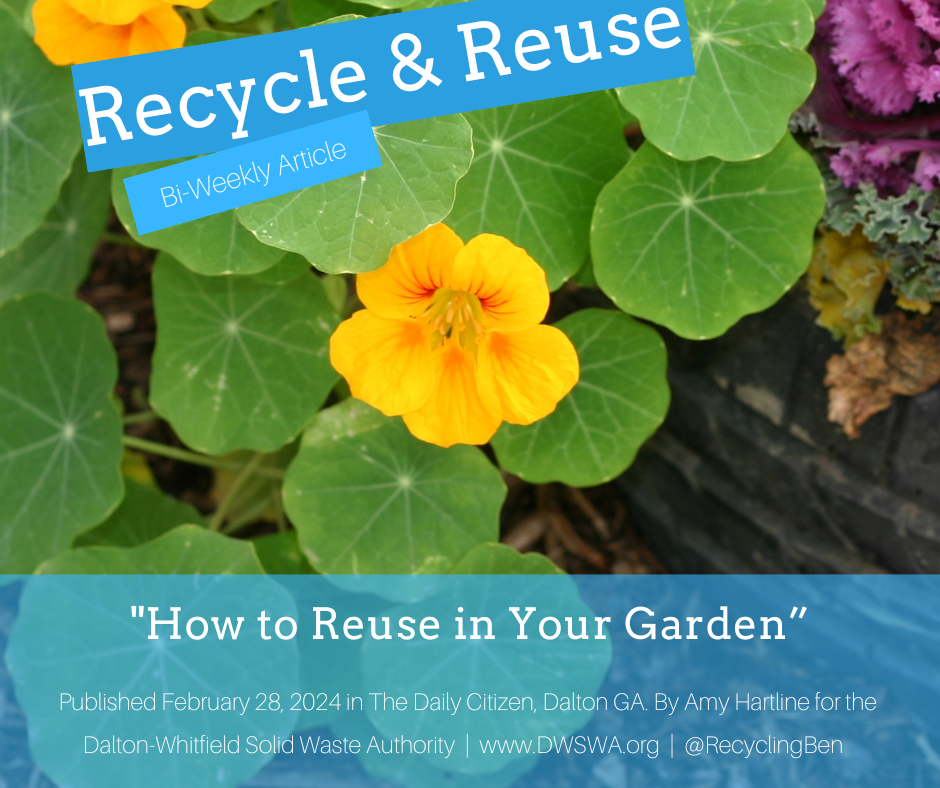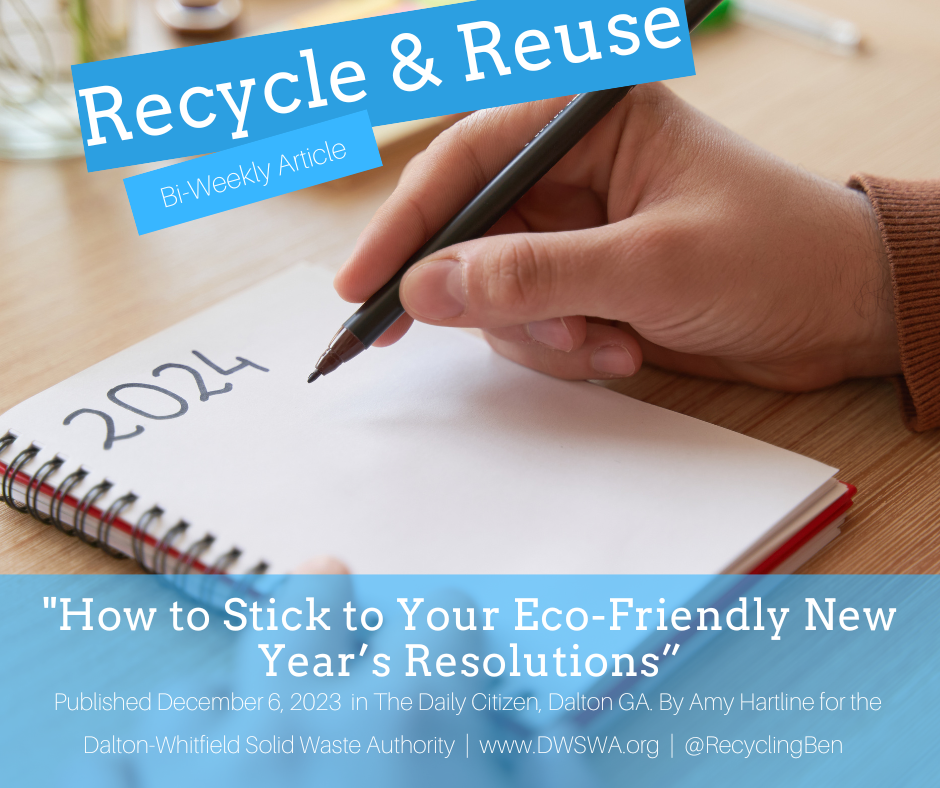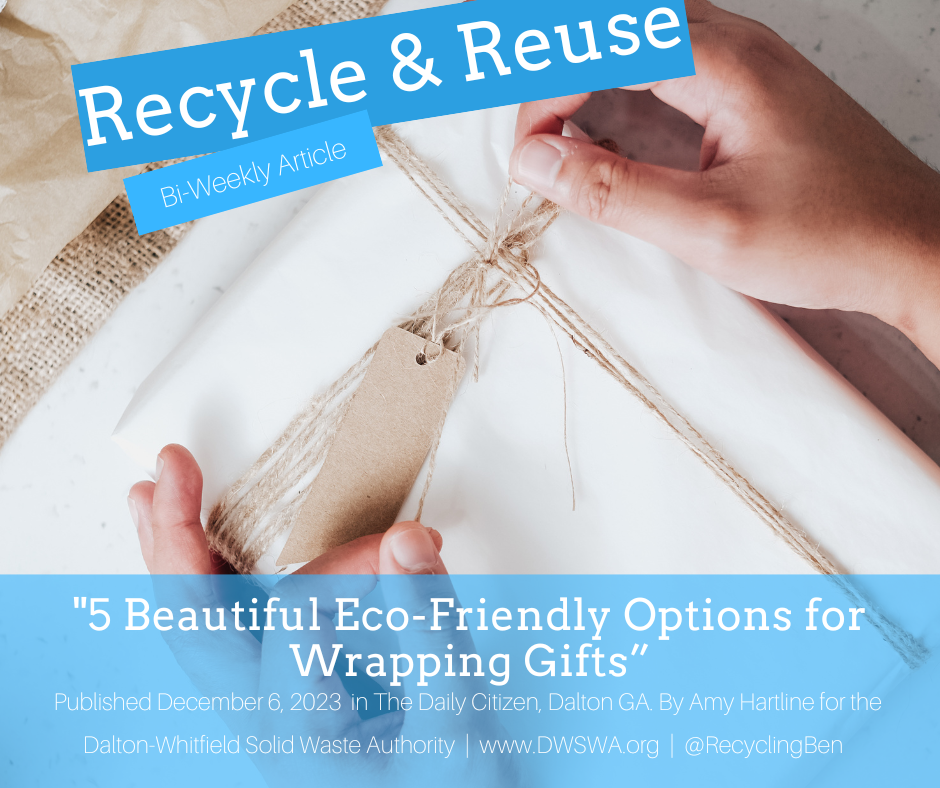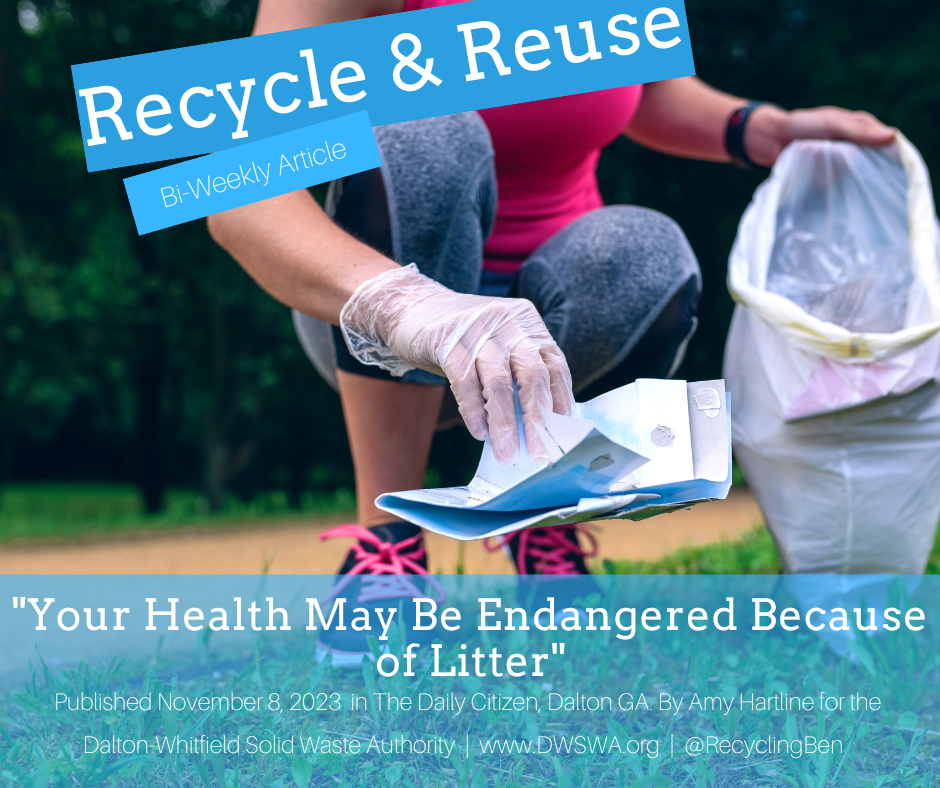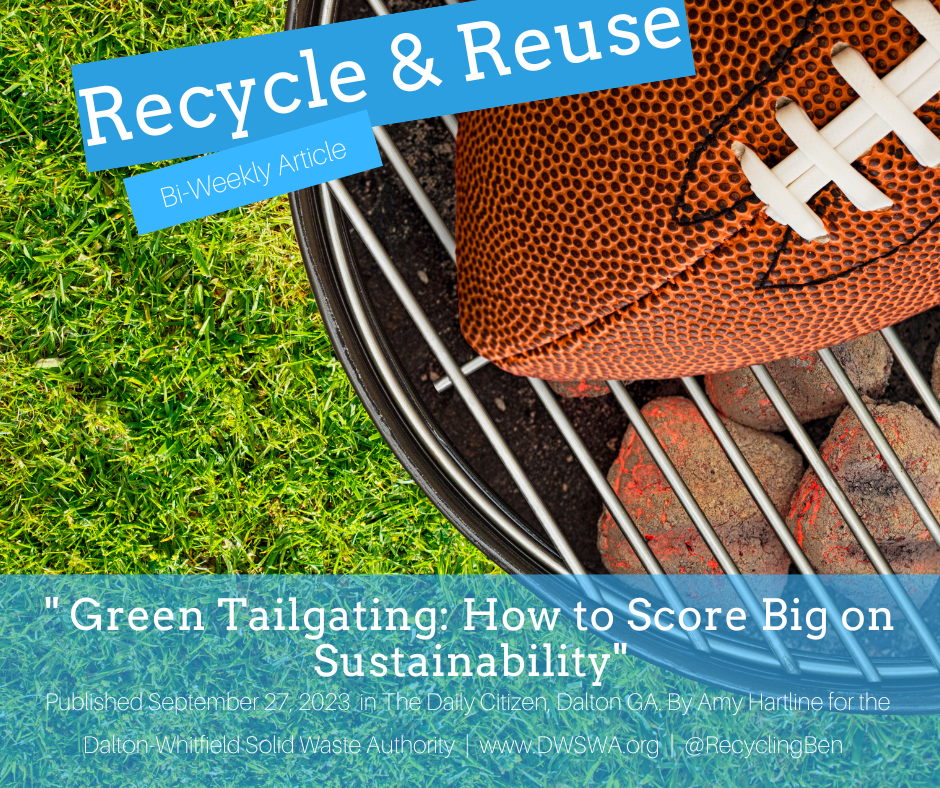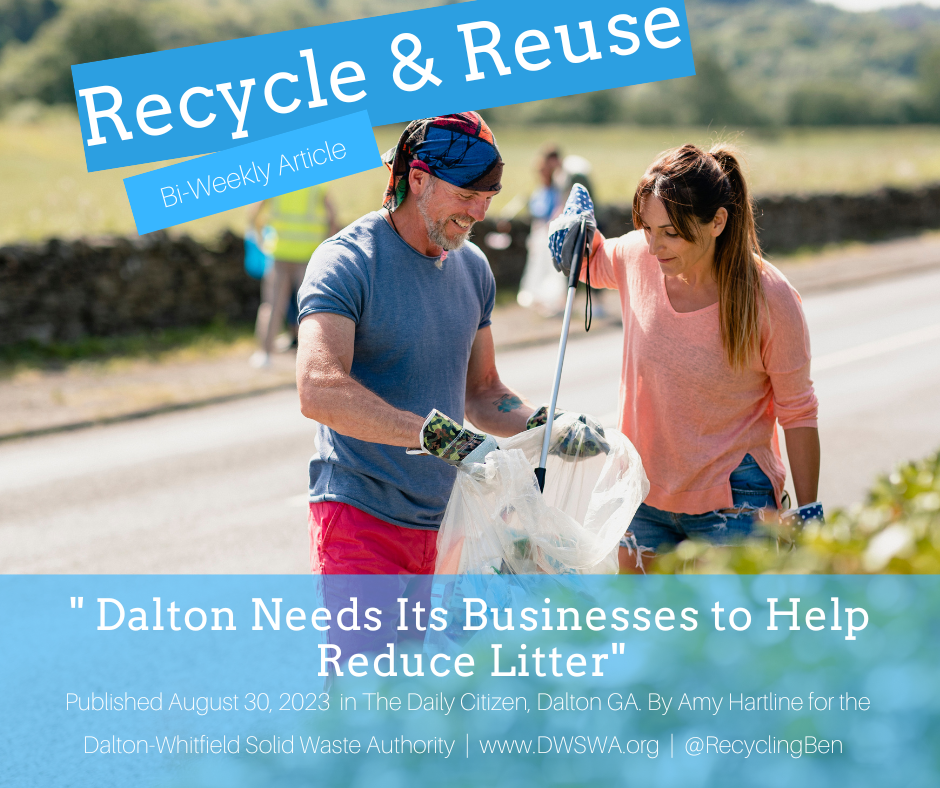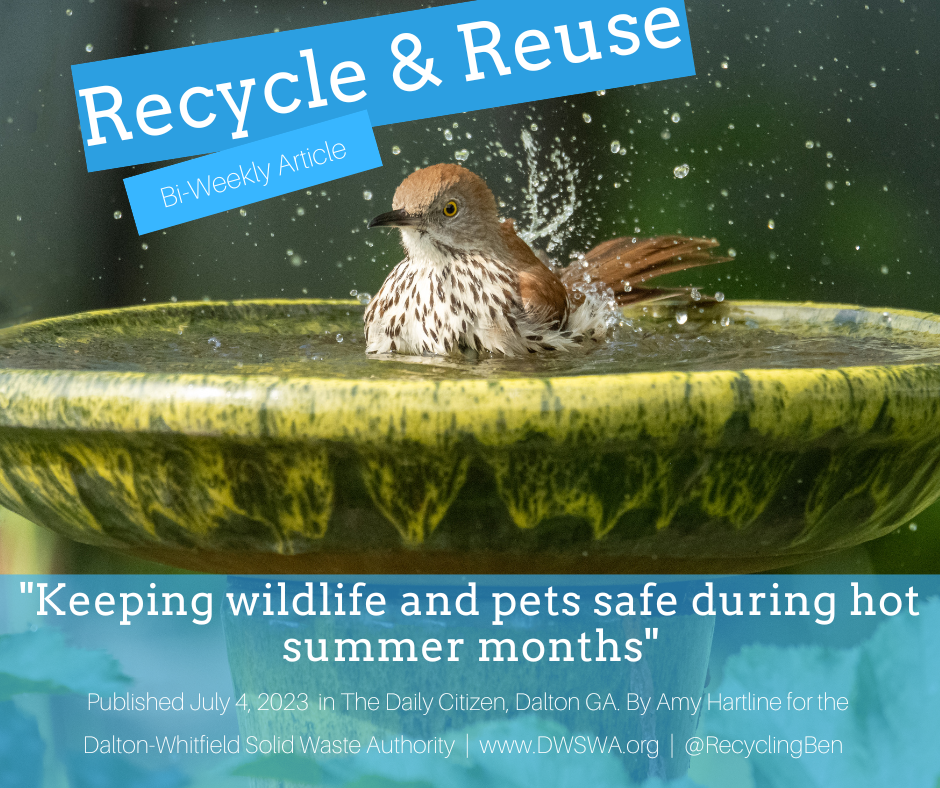Planning for Eco-Friendly Grocery Shopping
/Choose produce not wrapped in single-use plastic to cut down on your waste on your next trip.
There are so many decisions we have to make while shopping for groceries. From what to get to make dinner that night to which brand is best. In all the decision making, being sustainable and ecofriendly can take a back seat. With a little pre-planning though, it can become easier to make good choices for your family and for the environment.
Any time that you can avoid single-use plastic, it is better. When you consider how many plastic bags you use each week during your grocery shopping and multiply that by how many weeks there are in a year, you’ll notice that they can add up fast. There are multiple types of reusable bags to choose from instead. You can choose from trendy canvas bags or practical laminated bags. You can also pick up special cooling bags to tote your ice cream and other products that need to stay cool on the way home during the hot summer months. If you do happen to forget your reusable bags at home, make sure to collect your plastic bags and bring them back to the store on your next trip. Most grocery stores have installed collection bins where these bags can be specially recycled. These bags have to be specially recycled and cannot be put in your blue bin because it will mess up the equipment in a typical recycling facility. Other plastic film often used for packaging can be dropped off specially in stores. Plastic film includes Ziploc bags, casing wrap, and bread bags. You can visit plasticfilmrecycling.org for more info and a directory of drop-off locations which includes stores such as Kroger and Walmart.
When you are planning your meals, consider what produce will be in season. Seasonal foods tend to cost less because they require less energy to grow. Needing less energy also means that they are better for the environment. July is one of the best months for seasonal produce. This week when you go to the store, pick up some apricots, cantaloupe, corn, green beans, or zucchini for tasty and in-season produce.
Buy what you need or buy in bulk. To cut down on food waste plan your meals ahead of time and make sure that you don’t buy ingredients that you already have at home. Use an app like Mealime or keep track on pencil or paper to make sure you buy the right amounts when you go the store. This saves you money because less of your food will go to waste, helps you stay organized so that you can get through with your shopping faster, and keeps food waste out of the landfill.
Alternatively, you can buy some foods in bulk to cut down on waste. Some stores will allow you to bring your own reusable containers to fill up from larger containers. Buying foods from stores such as Costco or Sam’s Club can mean that your groceries will have less packaging. To make sure that the food doesn’t go to waste at home but plan to freeze foods that need it.
Consider where your grocery packaging will end up when you are done with it. Choose brands that are using plastics one (PETE) and two (HDPE) bottles and jugs or cardboard since that is the packaging that can be recycled at the Dalton-Whitfield Convenience Centers or in your blue bin. Plastics that are not in the shape of bottles and jugs are not recyclable here and neither are cartons or soft plastics.
You don’t have to spend more money or compromise on the food you eat to make better environmental choices. By planning ahead, you can cut down on the time you send in the grocery store and cut down on your environmental impact.


